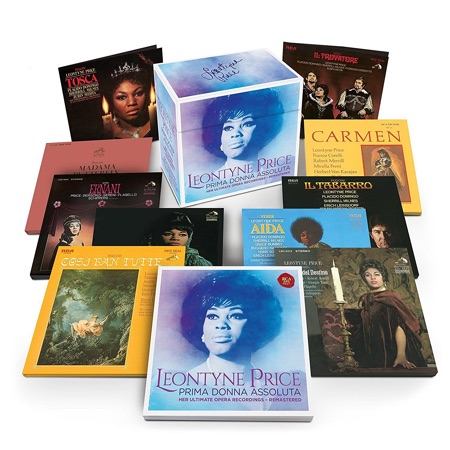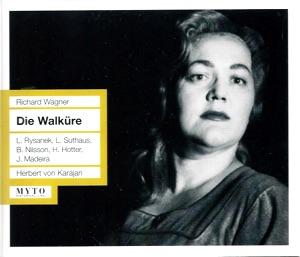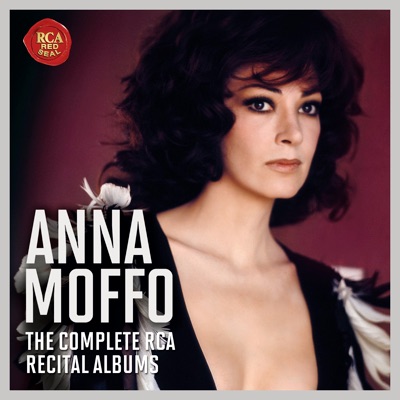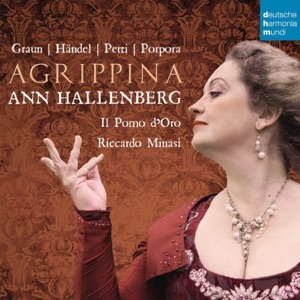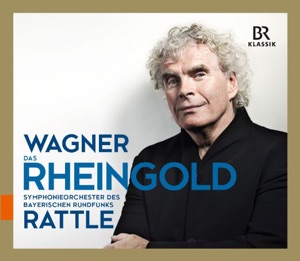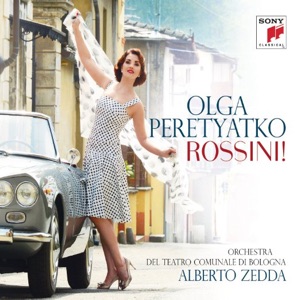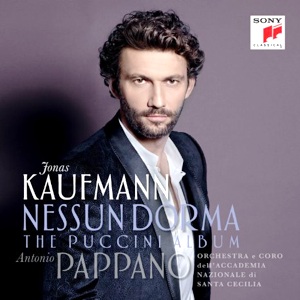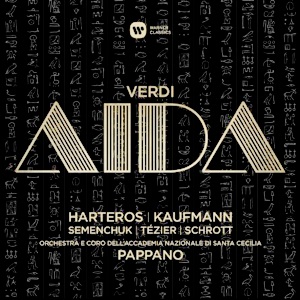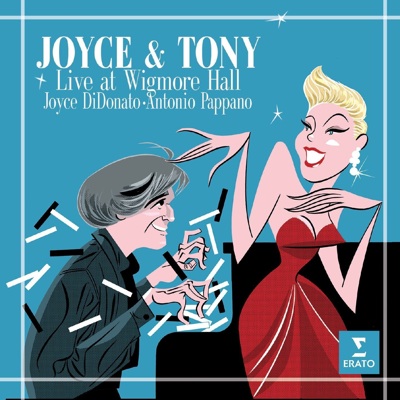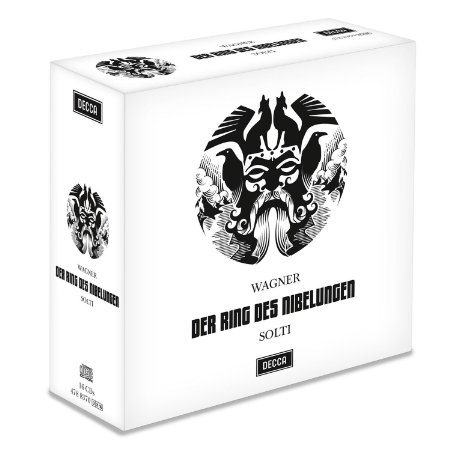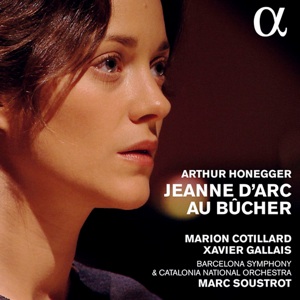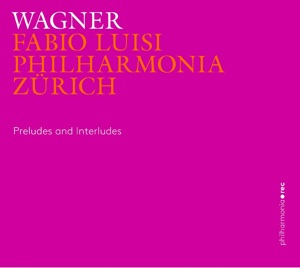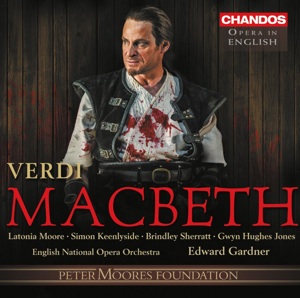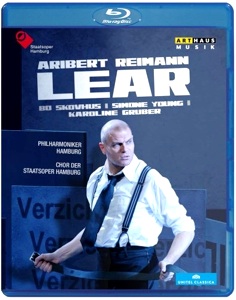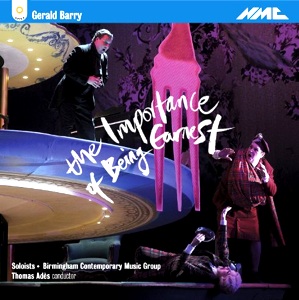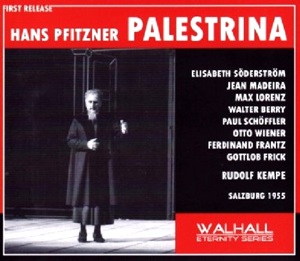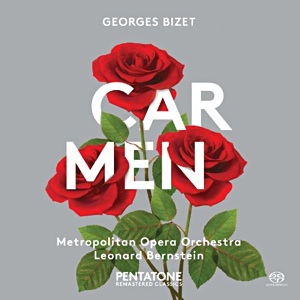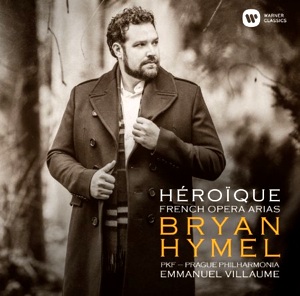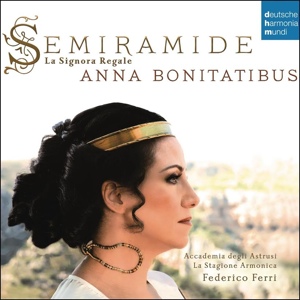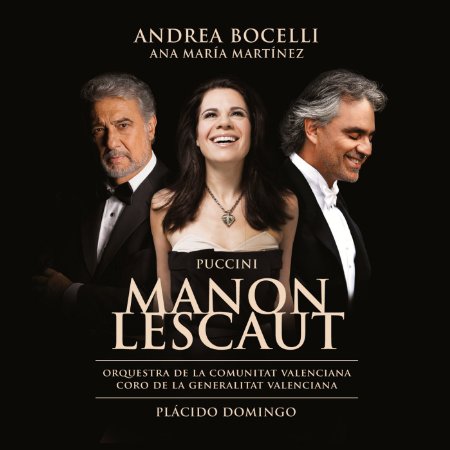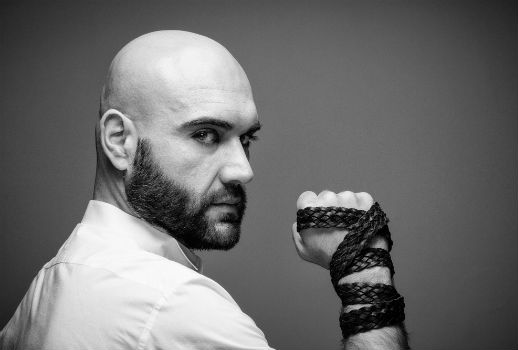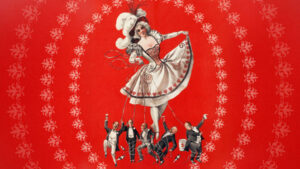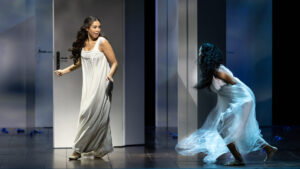
Joyce DiDonato’s atest album, In War & Peace: Harmony through music, is more specific than it sounds.
Sony Classical has now released “Leontyne Price Prima Donna Assoluta” containing nearly her entire operatic oeuvre in a box set.
Anna Netrebko‘s artistry is both subtle and thrilling.
Myto’s transfer of Herbert von Karajan’s star-bedecked 1958 Die Walküre from La Scala gives collectors on a budget access to one of the legendary performances committed to tape.
Anna Moffo made some of the most entrancing records ever. Their appeal is to “voice fanciers.” (I understand. We’re a despised group.) But Moffo’s best work renders us helpless.
Fans of divas who sing 19th and 20th century opera may find themselves searching in vain for CDs to buy with this season’s gift cards, since their idols so rarely put out solo recitals these days.
Das Rheingold is the outlier among the Ring operas, an ensemble work with a fast-shifting plot, animated dialogue, fewer set pieces and less character development.
For her third solo recording, Olga Peretyatko summons the two men who launched her career less than a decade ago
There is a simple elegance to the single-composer recital album format. For the listener in the mood for, say, Puccini, it’s a chance to delve into his music without any pesky interruptions by those other guys like Verdi or Massenet. And if one is also in the mood for a particular singer’s art, then the…
The studio opera recording is a rare beast these days and its arrival always a cause for celebration.
Anja Silja staked a claim as a leading Senta of her era with a series of searing performances of Der Fliegende Holländer while in her early twenties.
Exclusively for you, the loyal parterriani, here’s a sneak preview video from Joyce and Tony: Live at Wigmore Hall.
I was once accused—by my own mother, mind you!—of having too many recordings of Verdi’s Aida. The blistering audacity of that recrimination did get me to thinking: How many recordings of Aida is too many? I mean, you’ve got the old classic you cut your teeth on. Then there’s he one where the tenor and…
Tonight’s program at the New York Philharmonic, Arthur Honegger’s massive oratorio dramatique Jeanne d’Arc au Bûcher, has been an occasional visitor to the orchestra’s repertoire starting with the performance conducted by Charles Munch in January of 1948.
“Disciplined and intelligent.”
I’m a long-time fan of the Opera in English series funded by The Peter Moores Foundation that started, fittingly enough, with conductor Reginald Goodall’s performances of Wagner’s Ring cycle recorded live from the London Coliseum and released by EMI
Aribert Reimann’s 1978 opera Lear, based of course on Shakespeare’s titanic tragedy King Lear, is a major achievement in modern operatic scoring.
Before this recording arrived in my mailbox, I: ( a) didn’t know there was an operatic version of Wilde’s The Importance of Being Earnest, one of my favorite plays; and (b) was unfamiliar with the works of composer Gerald Berry. After several hearings, I’m still not convinced that there is an operatic version of Earnest.…
If works like Salome and Erwartung defined modernism in the first decades of the 20th century, Die Tote Stadt and Palestrina represented the regressive avant garde.
The opening night of the Metropolitan Opera of September 1972 was supposed to be the dawn of a new era.
Imagine two tenors releasing French opera aria collections at the same time without duplicating a single track!
The last day of December a parcel arrived in the mail containing an absolute delight: “Semiramide—La Signora Regale.” One of best vocal recordings of 2014, this sumptuous 2-CD set on Deutsche Harmonia Mundi features the marvelous Italian mezzo-soprano Anna Bonitatibus and includes 90 minutes of rarely-heard music written for the legendary Babylonian queen.
Manon Lescaut was Giacomo Puccini’s first big international success. His publisher, Giulio Ricordi, tried to put him off the project by citing Jules Massenet’s very successful adaptation just nine years previously. Puccini was intent on making the story his own, insisting, “A woman like Manon can have more than one lover… I shall feel it…
His shaved head in striking contrast to his dark beard and glinting eyes, the implacable Tartar conqueror glowers at us from the CD cover, while the uncropped photo of countertenor Xavier Sabata (above) is even more disturbing, featuring his raised fist and forearm tightly wrapped in a leather belt.

